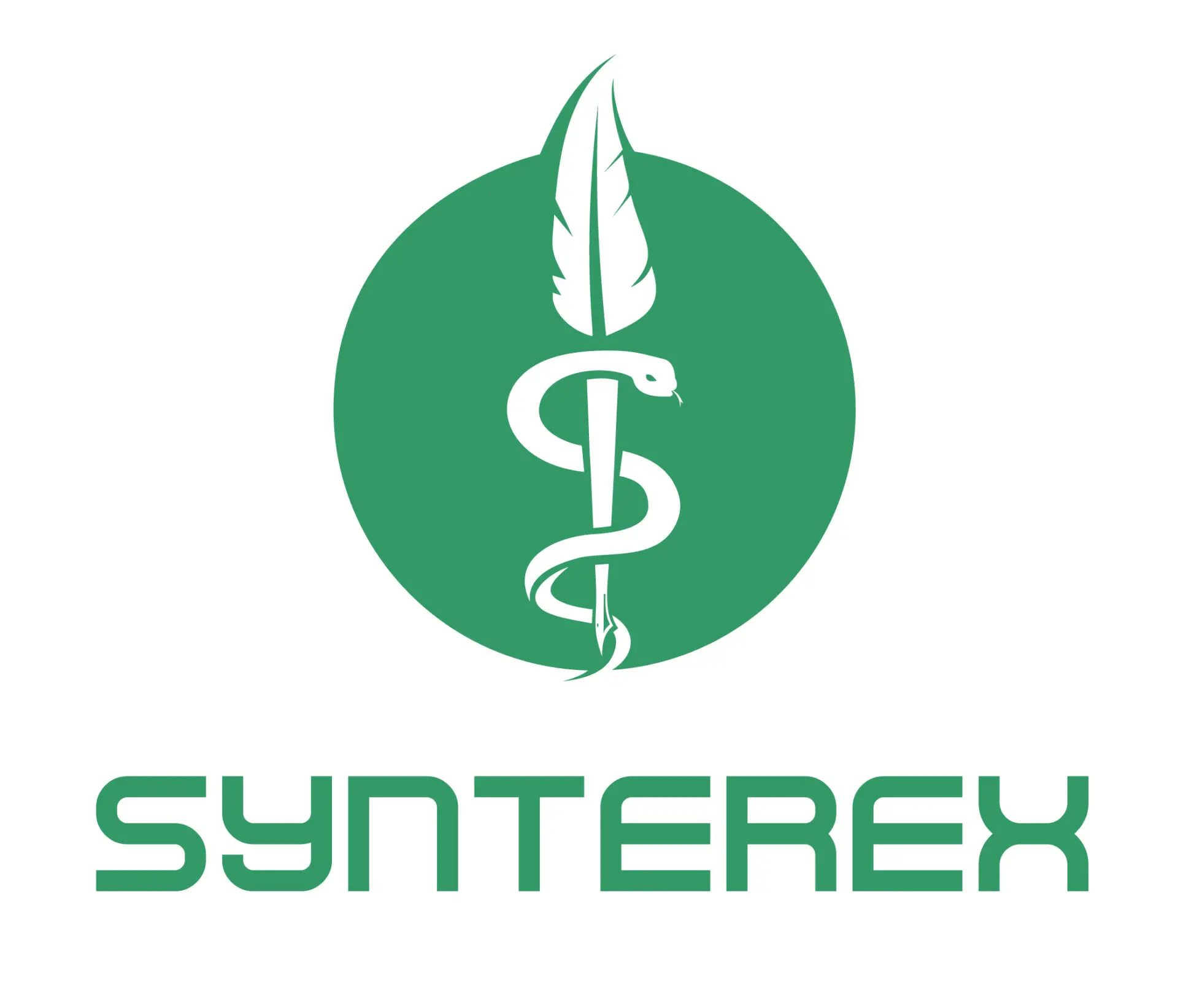The World Health Organization (WHO) has long been a guiding force in global health issues, setting standards and offering recommendations to ensure the well-being and safety of populations worldwide. Recently, the organization has turned its attention towards the burgeoning field of artificial intelligence (AI), particularly focusing on large language models (LLMs) like ChatGPT, Bard, and Bert.
WHO’s Position on AI and LLMs in Healthcare
In their latest communications, the WHO reiterates the need for caution in the adoption of AI technologies in healthcare. While acknowledging the rapid expansion and potential of LLMs to revolutionize healthcare by improving access to information, decision support, and diagnostic capacities, the organization stresses the importance of safeguarding human well-being, safety, and autonomy.
The WHO’s enthusiasm for the potential of AI to aid healthcare professionals, patients, researchers, and scientists is tempered by a strong recommendation for a careful, measured approach. They emphasize the necessity for transparency, inclusion, public engagement, expert supervision, and rigorous evaluation in the deployment of AI technologies.
Risks and Concerns
The WHO highlights several risks associated with the premature or unregulated use of AI in healthcare:
- Bias and Inaccuracy: AI systems, including LLMs, may be trained on biased data, leading to misleading or inaccurate health information that could exacerbate health inequities.
- Misleading Authority: Responses generated by LLMs can appear authoritative and convincing, yet they might be incorrect or contain serious errors, especially in health-related matters.
- Data Privacy: There are concerns about the consent for and protection of sensitive data, including health information that users provide to AI applications.
- Disinformation: There is a risk that LLMs could be used to create and spread disinformation in text, audio, or video formats, complicating the public’s ability to discern reliable health content.
- Commercialization Risks: As technology firms push to commercialize these AI tools, there is a critical need to balance innovation with patient safety and protection.
WHO’s Recommendations for Moving Forward
Echoing its 2021 guidelines, the WHO advises a cautious approach to integrating AI into routine healthcare. They call for:
- Rigorous Oversight: Ensuring AI technologies are used in safe, effective, and ethical ways.
- Evidence of Benefits: Demonstrating clear benefits of AI applications in healthcare before their widespread adoption.
- Policy Frameworks: Developing robust policy frameworks that ensure patient safety and uphold ethical standards.
Conclusion
The WHO’s position on AI in healthcare is a clear call for responsible innovation. By building on its prior ethical guidelines and governance frameworks from 2021, the organization seeks to ensure that the integration of AI into healthcare systems globally is done in a way that protects and promotes public health, equity, and human rights. As AI technologies continue to evolve, the WHO’s ongoing guidance will be crucial in navigating the complex landscape of digital health.
More information on WHO’s position statement can be found here: WHO calls for safe and ethical AI for health
To learn more about how AgileWriter™ is tackling thoughtful integration into health systems to avoid potential pitfalls and maximize benefits for all, visit: https://youtu.be/f6JmIw9HW0U
